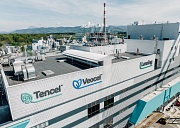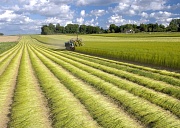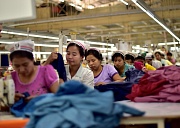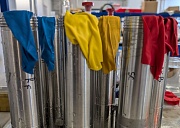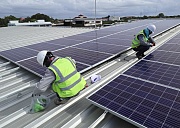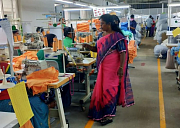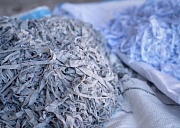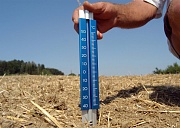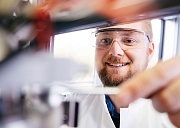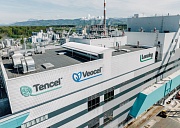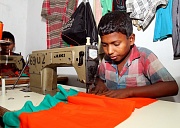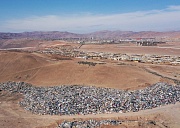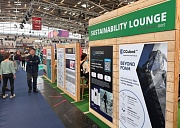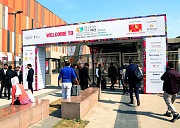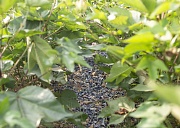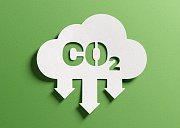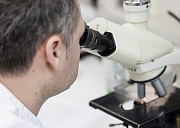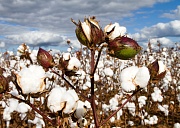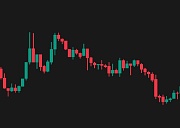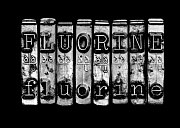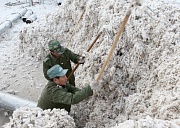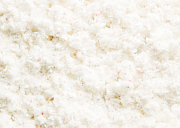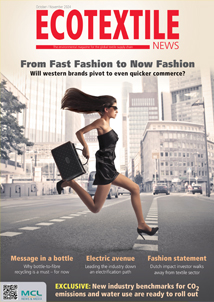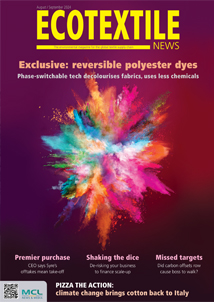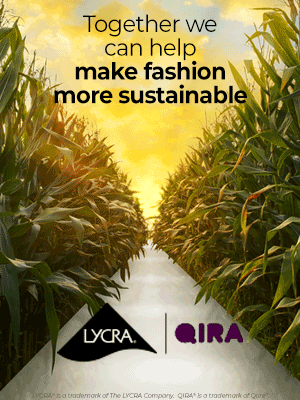Every four years the ITMA exhibition opens its doors to a range of exciting new developments from textile machine builders, chemical companies, service providers, and anyone else involved in the textile industry. Over the past 20 or so years the machinery builders and chemical suppliers have genuinely moved the industry forward in terms of reduced environmental impacts and, more than ever, we see firms trying to ‘out-green’ their competitors to gain an edge.
The push to reduce water, energy and chemical consumption must be viewed positively but I have three words for those straining at the leash to market their developments a little too – how shall we say – enthusiastically: ‘Diesel emissions scandal’.
This was essentially about a car company fixing tests to give false eco-information to customers to entice them to buy their products – for which senior managers may go to jail. Sadly, in the last 20 years we’ve also seen a steady increase in dishonest marketing from all actors in the textile supply chain from researchers, machinery and chemical manufacturers, wet processors to apparel brands and retailers, accompanied by an increase in high profile events with almost evangelical levels of blind, unquestioning support for those greenwashers.
However, in my day job as a specialist in textile wet processing, a question I’m being asked more and more often is: “is this product or company really as good as they say they are”. The answer is often that it’s actually quite a good idea, or initiative, but the eco-claims are scandalous. It goes to show that we are possibly reaching a crossroads, with more and more outlandish claims than ever but, on the positive side, there are more people that are suspicious about what they are being told and who are determined to get to the truth.











